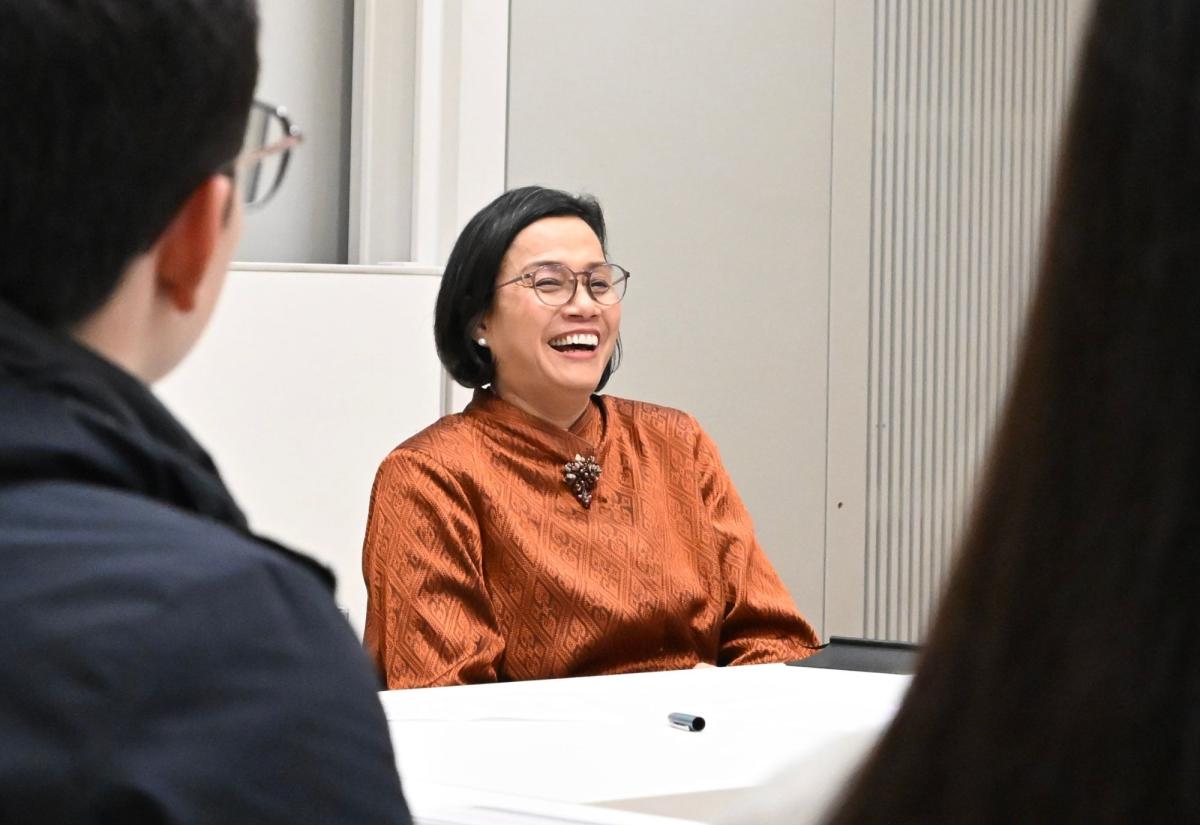Next week our MPP students find themselves another step closer to completing their degree and getting back onto their career paths, as they enter the final week of the second term of the MPP.
The last class of the term is one of the four applied policy components of the course. This one focuses on negotiations – exploring frameworks, principles, strategies and tactics that will help students make better decisions at the bargaining table and in other strategic environments.
The School’s careers adviser, Anne Currie, explains how the MPP programme is filled with opportunities for students to develop skills that will help them establish or enhance their careers in public service once they complete their degree.
“The students get really excited about the applied policy components of the course,” she says. “But with core modules, policy options and other important classes to take, there’s only so much time in the course for the more applied aspects of learning. That’s why I’ve been working with one of our lecturers, Atif Ansar, to develop not only a series of practical skills seminars but also a programme of careers talks for students. It’s a way for them to start building their networks and get first-hand knowledge of the kinds of opportunities they can pursue when they graduate.”
External speakers at this term’s careers seminars have highlighted different key aspects of career development. Martina Gmür, Head of Global Knowledge Networks at the World Economic Forum spoke of the resilience and persistence required in job hunting, citing her own experiences in seeking to join the WEF. She also highlighted a desire to contribute globally and the need for a global outlook as key characteristics sought by international organisations such as the WEF.
Chris Underhill, Founder Director of BasicNeeds, a charity that develops innovative, scalable mental health programmes around the world, and a founder of several social enterprises, talked to students about the need to examine their own characters in order to decide whether they would be more effective founding their own organisation or working within an existing one. Chris also emphasised the importance of personal leadership for social entrepreneurs.
The MPP students gained insider insights into the skills required to operate an NGO when they heard from the leadership team from STiR Education. They led a highly interactive workshop that explored how organisations such as STiR can achieve greater direct impact in their government relations and influence wider government agendas and policy.
“It’s incredibly rewarding,” concludes Anne, “to be working with these students who have such big ambitions to make a better world. My aim is to ensure that we help make that happen by providing them with access to practical skills and opportunities that they need to be successful.”
Related links:
Recent news
MPP and MSc alumnus Carlos Santiago Guzmán wins the inaugural Michael Cichon Graduate Award
Carlos Santiago Guzmán Gutiérrez, an alumnus of the Master of Public Policy and the MSc in Public Policy Research, has received the inaugural Michael Cichon Graduate Award for outstanding master’s thesis in Social Protection. The award recognises his MSc thesis, “Universal Social Protection Schemes in Forced Displacement Settings: Evidence from Colombia.”



